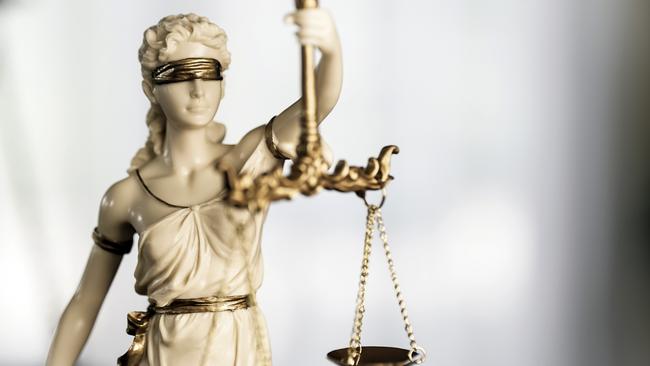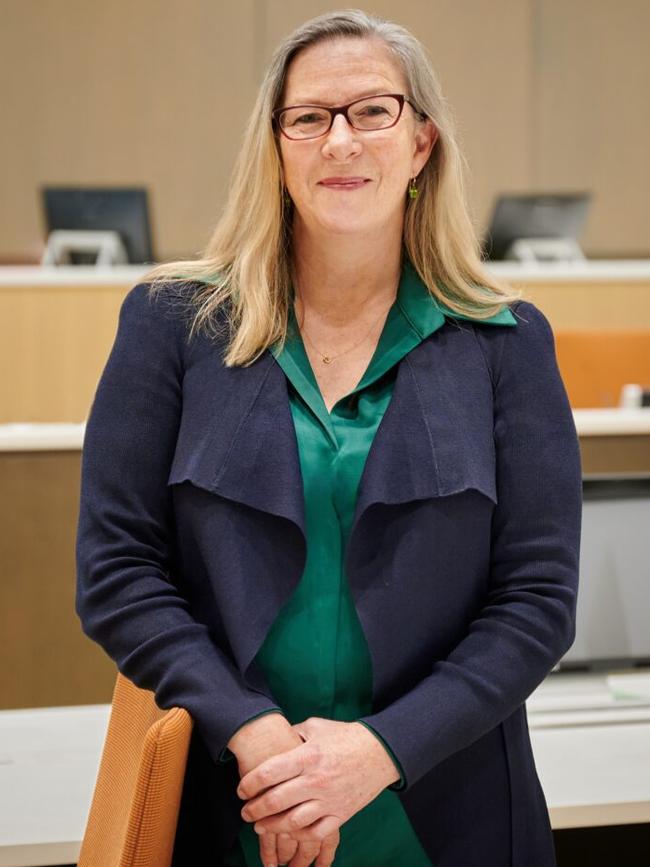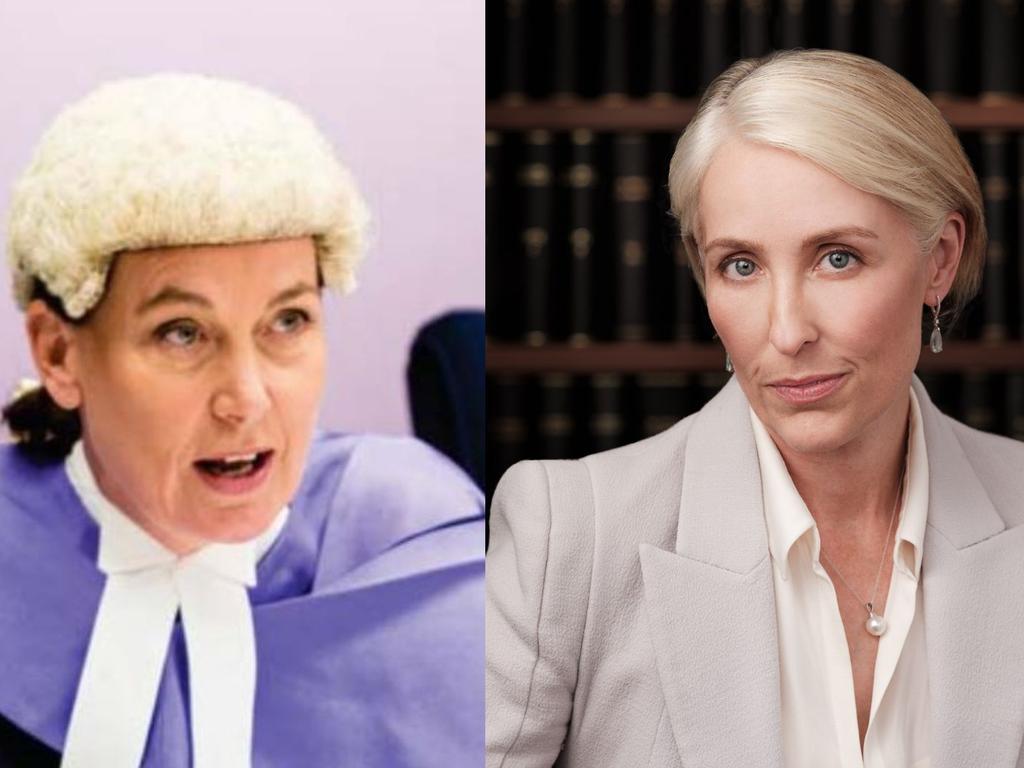
Dark because an ordinary person picked to serve on a jury might well interpret the ACT’s most senior judge to be telling juries they should find it less difficult to believe allegations of sexual assault.
Jurors are entrusted to decide whether a defendant goes to prison for sexual assault on the evidence before them. That’s it. Whether they find it hard or easy is not a matter any judge should muse over if it might be seen as pressuring jurors to decide one way or the other, quite separate from the evidence.
It’s bad enough that jurors might be influenced by the Chief Justice’s remarks to alter their verdict. Is the presumed innocence of an accused under threat by a judge who has come awfully close to saying that juries should believe allegations of sexual assault, or at least not find it so hard to do so. It’s terrible for justice when an accused may now surely wonder whether, when presiding over a sexual assault trial, McCallum finds it easy to believe allegations of sexual assault? And if so, how will that impact her rulings during the trial? Will that mean she will curb cross-examinations that ought to test the allegations? Does it mean McCallum will shape her directions to the jury because, in her view, juries should not find it so hard to believe allegations of sexual assault?
A Chief Justice leads by example. Which adds to the dismay over her comments on Friday to the Jury Research and Practice Conference in Canberra. How will her apparent ease at believing allegations of sexual assault impact other, less senior judges in the ACT? Will they feel pressure to fall into line, and alter their courtroom behaviour accordingly to reflect a similar lack of difficulty in believing allegations of sexual assault?
That we are asking these questions, about a Chief Justice no less, demonstrates why all judges should keep their controversial musings to themselves. McCallum knew it was controversial. She admitted as much – immediately after she made her comment about juries finding it so hard to believe sexual assault allegation.

So why did McCallum willingly, in prepared comments, decide to place herself on one side of a controversial issue about sexual assault – a position common among sexual assault activists?
Let me take a stab.
McCallum wondered aloud whether it might be the “impact of the culture wars” that is causing jurors to find it hard to believe sexual assault allegations. She said four years ago she had no idea what the term meant, but “I’m now well immersed and well-versed in what culture wars mean”.
If McCallum means that, over the past four years, in light of the #MeToo movement, and the Brittany Higgins imbroglio, many people, including me, raised concerns about the waning interest in the presumption of innocence, that is no ordinary culture war.
It’s a battle about fundamental legal principles that go to the core of our criminal justice system. Allegations of sexual assault are very serious. If proven beyond reasonable doubt, a perpetrator may be imprisoned for a long time. That is why allegations should not be easy to believe. That’s why a particular allegation in a particular case should be tested robustly in a court of law against all relevant evidence, free from preconceptions about whether allegations are generally true or not.
Only activists start from a position that believing a sexual assault allegation shouldn’t be hard.
Did Lucy McCallum make these remarks because, deep down, she’d rather be an activist than a judge? If so, she should join a sexual assault advocacy group. Judges presiding over trials have a duty to be impartial, and be seen to be impartial, in the interests of justice.







Did Lucy McCallum tell jurors in the ACT to believe all women? Perhaps not in so many words. But still, it’s a dark day for any defendant facing trial for sexual assault in the ACT when the Chief Justice of the Supreme Court says publicly that “in the 2020s jurors find it so hard to believe allegations of sexual assault”.